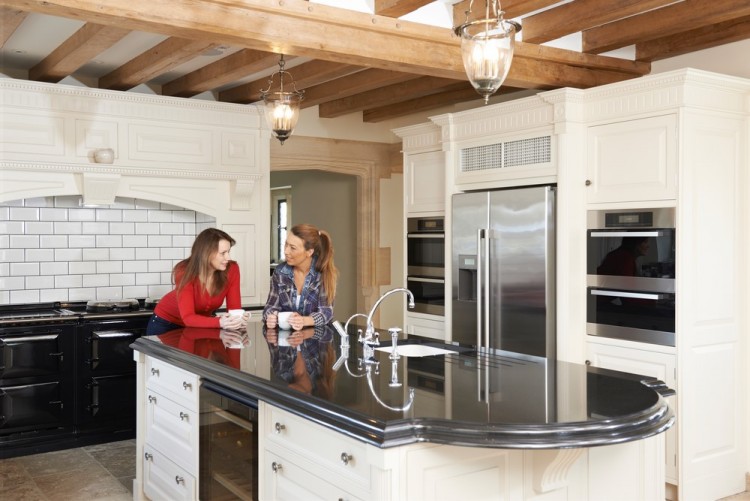
Whether you’re buying or selling a home, the value of energy-efficient home improvements cannot be underestimated. Not only is an energy-efficient home more comfortable and healthy, it also performs more efficiently and ultimately saves the owner money.
If you’re buying a home, whether it’s old or new, it’s essential to check how energy efficient it is before committing yourself to the sale. If you’re selling a home, you’ll undoubtedly get a better price if you’ve invested in green energy and the house is clearly sustainable.
Energy-Efficient Home Improvements
Essentially, home renovations that are energy efficient will improve the quality of air inside the building, and make heating and cooling more affordable. At very least, homeowners can use sustainable building materials, improve insulation, increase water efficiency, and install energy-efficient fixtures for lighting, heating, and cooling, and also make use of renewable energy including solar, geothermal, and wind sources.
Improving insulation throughout the house, managing solar heat gain, using natural ventilation while eliminating air drafts, and minimizing temperature fluctuations will all help to improve the way your house performs.
While some improvements fit the realm of DIY, it can undoubtedly be tricky for homeowners to tackle all of these improvements themselves, which is why trained professionals commonly oversee the process. Certainly, if you are looking for energy-efficient engineering solutions in Chicago, London, New York, Paris, Delhi, or anywhere else in the world, you will find that an engineer will be able to help you ensure your home uses minimal energy. This applies to new buildings as well as to those being renovated or restored.
Achieving Energy Efficiency at Home
ENERGY STAR is one of the best-known programs designed to encourage consumers worldwide to use energy-efficient products and adopt energy-efficient practices.
On the simplest level, ENERGY STAR identifies the best, most cost-effective products (as well as homes and buildings) with a special label. These are updated annually.
A joint program between the US Department of Energy (DOE) and its Environmental Protection Agency (EPA), ENERGY STAR is officially recognized by the European Union and European Free Trade Association as well as six countries that have agreements with the US EPA:
1. Australia
2. Canada
3. Japan
4. New Zealand
5. Switzerland
6. Taiwan
The other is Leadership in Energy and Environmental Design (LEED), which is the world’s most popular green building rating system. There are different certification levels and specific systems including one for homes.
Of course, you don’t need to launch your home improvement project with the aim of getting a LEED certified home, but by following the U.S. Green Building Council’s guidelines, you’ll be able to upgrade the air in your home, ensure it is properly insulated, ventilated, and heated, and … you got it … you’ll increase the resale value of your home.
Do I Need an Engineer For My Energy Efficient Home Improvement Project?
While there is no doubt that an engineer will know exactly how you can make your home energy efficient, you may not have the budget to employ an MEP engineering firm to design new space heating and cooling, ventilation, lighting, and hot water systems for you. But you may consider consulting with an engineer for advice on how to make the best use of daylight or how to maximize the use of natural air for ventilation.
At the end of the day, just remember that the more energy-efficient you can make your home, the better it will be for you or your purchaser.










Author
Michael Tobias